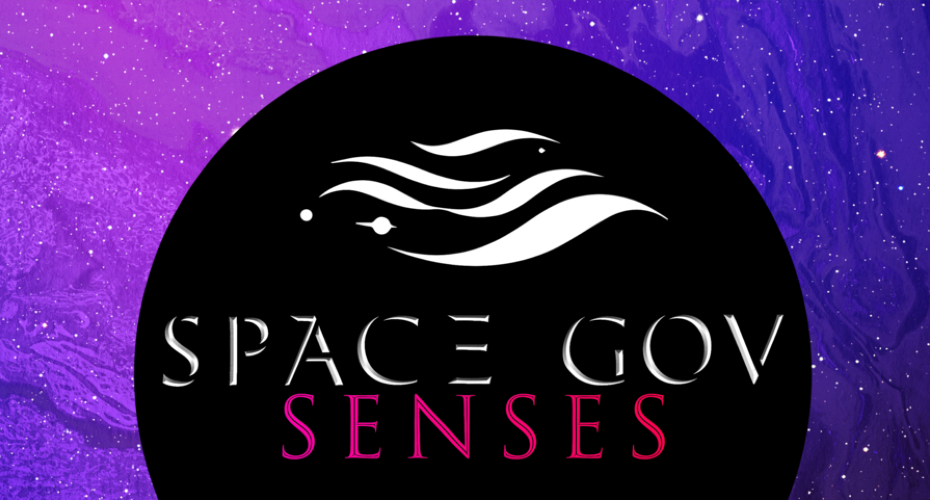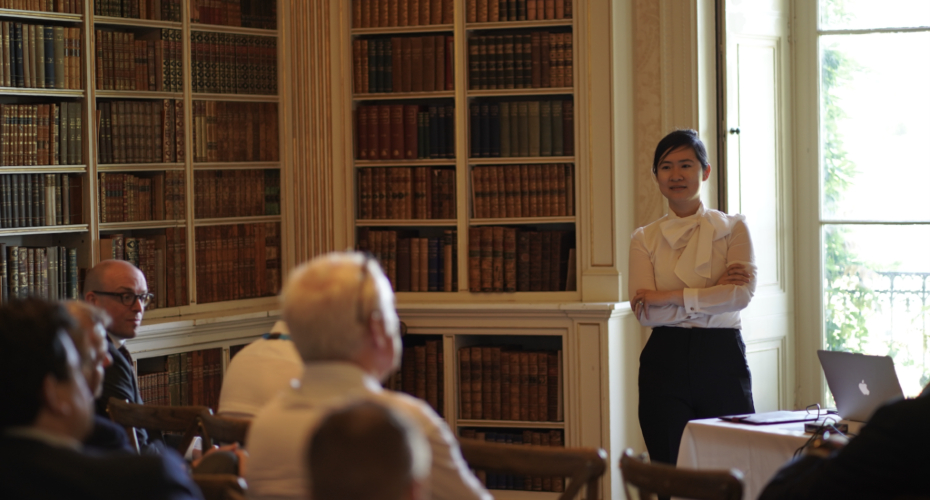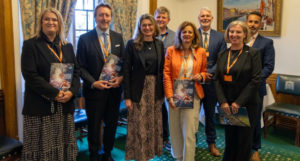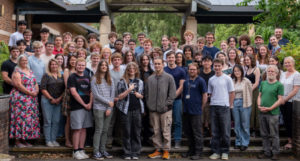Festival discussion to focus on the importance of inclusivity, diversity and a full-range of human senses in the space sector of tomorrow

Space technology’s dependence on an astronaut’s sight and visual capabilities as opposed to other human senses will be among the topics of discussion at an engaging public event next week.
SPACE-Gov: Senses – Towards a multi-sensorial Inclusive Space Future will explore how technology attuned to sound, touch, scent and taste could transform the wellbeing of astronauts spending time in orbit and improve diversity for the space sector.
Led by Dr Nikita Chiu, Senior Lecturer in Innovation Policy at the University of Exeter, the session will also reflect upon the European Space Agency’s (ESA) announcement of John McFall as the world’s first-ever ‘parastronaut’.
The event is part of the 2023 Festival of Social Science and will be held at the Devon and Exeter Institution at 4.30pm on Monday 13 November.
“While the announcement of the world’s first parastronaut demonstrates there is a path towards a more inclusive space future, this inclusivity must go beyond matters of accommodation and accessibility,” says Dr Chiu, who is the Principal Investigator of the Research England-funded SPACE-Gov project. “The integration of a multi-sensorial approach could be crucial in strengthening astronauts’ physical and mental wellbeing in orbit, while also enhancing safety and security for astronauts in extreme environments.”
The SPACE-Gov programme recently delivered a policy brief that concluded that the sector has reached a crossroads and is facing multiple challenges that could limit its ability to develop sustainable, long-term and collaborative plans for the future. Issues such as geopolitical uncertainty, the competition for resources in an increasingly sustainability-conscious world, and a lack of diversity were all highlighted in the report, which was shaped by a series of workshops involving a broad range of space sector stakeholders and experts operating at regional, national and European levels.

SPACE-Gov: Senses – Towards a Multi-sensorial Inclusive Space Future will open with a presentation of the findings of this project before focusing upon how future space science activities might better integrate different human senses. Together with astronomer Dr Wanda Diaz-Merced from the AstroParticle and Cosmology Laboratory in Paris, this session seeks to take the audience on an ‘exploratory journey’ of what a multi-sensorial and inclusive space future might look like.
This comes against a backdrop of John McFall commencing his training at the European Astronaut Centre in Germany and the launch of a feasibility study at ESA that will explore the potential of sending into space people with diverse abilities.
“Current space science and exploration relies heavily on a limited sensorial approach – with a significant reliance on the visual, supported by sonic elements for communications,” says Dr Chiu. “However, evidence suggests that astronauts could experience reduced mobility and sensory input in micro-gravity. Astronauts have also reported instances of temporary blindness while conducting spacewalks, and it is in these critical moments they must turn to their other senses, such as touch, to ensure their safe return.”
Seats for the event are limited and must be pre-booked via the Festival of Social Science website.



